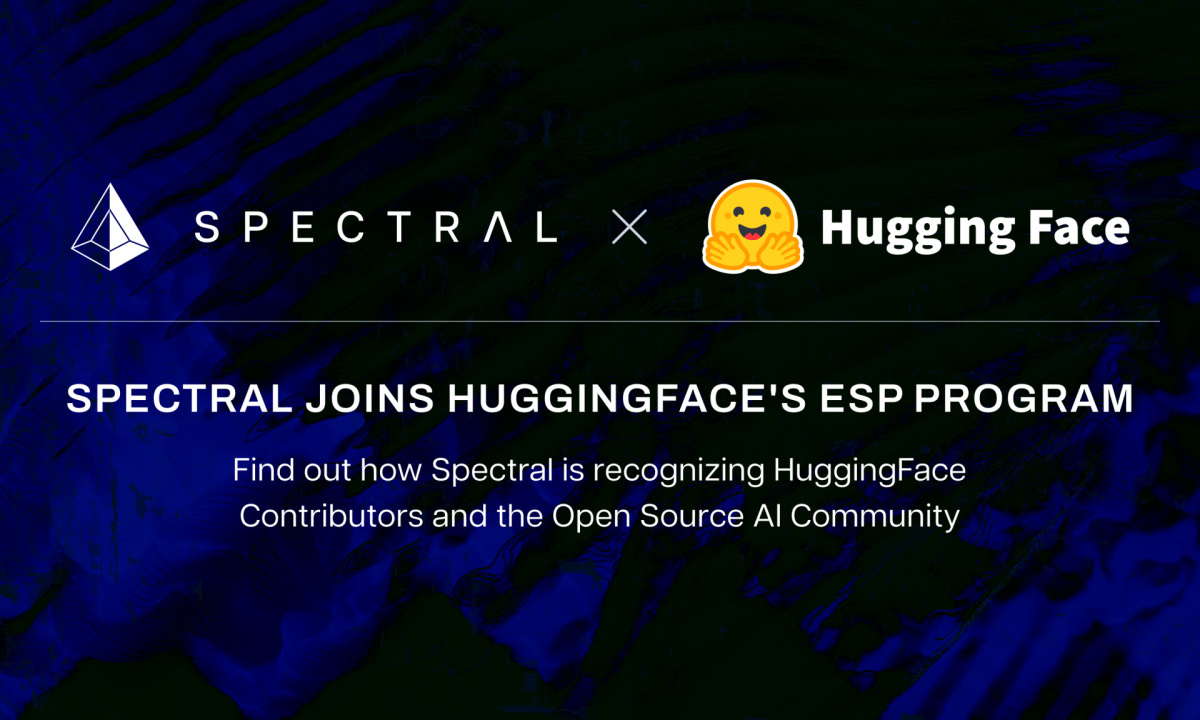Understanding Anarcho-Capitalism
Anarcho-capitalism is a political philosophy that advocates for the elimination of centralized states and emphasizes the significance of private property and contractual agreements in the economic system.
Supporters of anarcho-capitalism argue that the existing state structure hampers the development of a genuinely “free” society and creates a system of coercion within capitalist societies.
This philosophy asserts that a truly free society is constructed upon a free market, where individuals can interact with each other through voluntary contractual agreements without interference from the state.
In an anarcho-capitalist system, private agencies competing in a free market would handle the enforcement of contracts and resolution of disputes, rather than the state.
Anarcho-capitalists believe that the means of production should be privately owned, and work and commodities should be organized through wage labor.
The concept of “original appropriation” allows any individual to claim absolute ownership rights over any resource that has not been previously used. Another fundamental principle is “self-ownership,” which refers to an individual’s absolute right over their own body.
Many anarcho-capitalists see blockchain-based decentralized technologies as potential solutions to the practical challenges of implementing anarcho-capitalism.
They argue that decentralized services offer alternatives to the bureaucratic functions of the state, providing immutable and publicly accessible records of identity and contractual obligations through the use of smart contracts.
Some small-scale experiments have been conducted to establish real communities based on anarcho-capitalist principles. One notable example is Liberstad, a private city-society founded in Norway in 2015.











